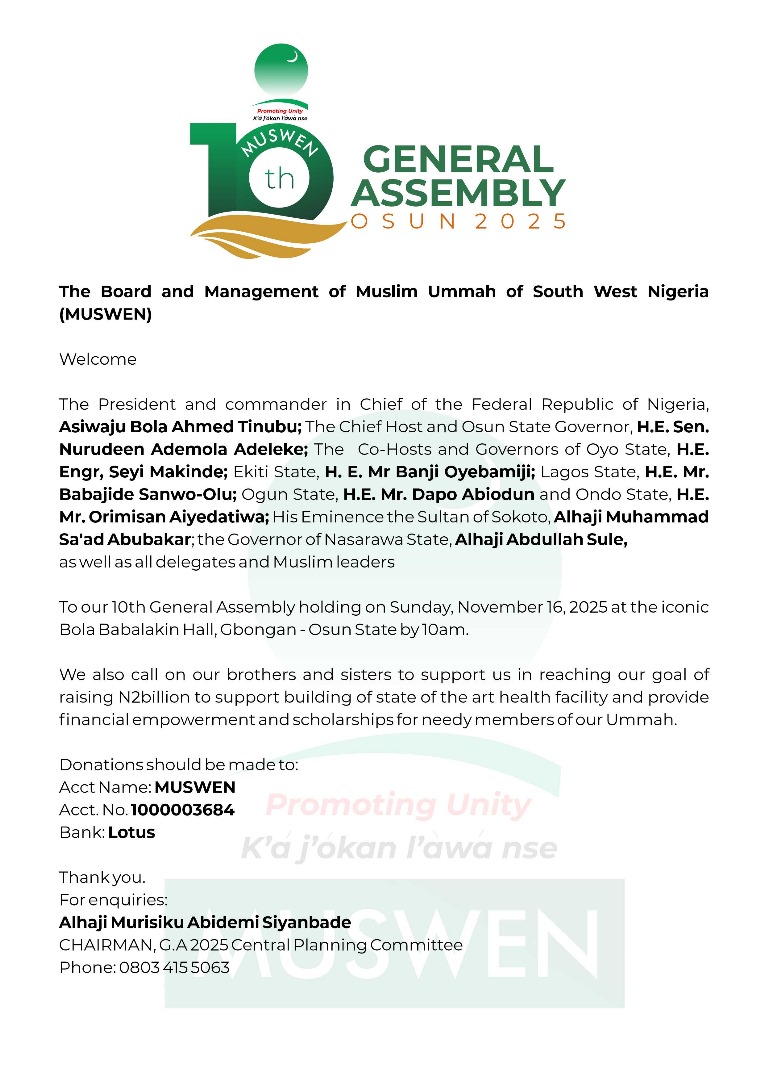BY MICHAEL ARNOLD
Whatever the immediate cause, the reason for the deadly explosion in Beirut is criminal neglect and a rotten system built and maintained by the country’s political elite.
The massive explosion that devastated Beirut has understandably generated wild speculation, both within Lebanon and beyond, as to its causes and potential consequences.
While this is understandable given the complex political dynamics at play in the country, the speed at which some theories spread, even as they were contradicted by the emergent facts, seems to be, like so much else in the country, driven by partisan political agendas.
Immediate suspicion fell on an Israeli strike against Hezbollah assets, understandable given the recent rise in tensions along the southern border and the omnipresent ‘risk’ of another Israel-Hezbollah war.
Both Israel and Hezbollah were quick to deny any involvement in the matter, with Israeli ministers even obscenely offering to send aid to a country they have repeatedly threatened to bomb into the stone age.
In any event, in the immediate aftermath of the blast, it quickly became clear that neither Israel nor Hezbollah would seek to leverage the tragedy to justify escalation.
Lebanese government officials were more forthcoming in their explanations. Shortly after the explosion, Lebanon’s Director of General Security, Abbas Ibrahim, said the explosion was caused by a fire in a depot storing 2,750 tonnes of highly explosive material, including ammonium nitrate, that had been confiscated ‘some time ago.’
Lebanese Prime Minister Hassan Diab offered added to the story by telling an exhausted citizenry that the dangerous explosive material had been stored, in what has been described as an ‘unsafe manner’, since 2014.
Lebanon’s Interior Minister Mohammed Fehmi reportedly said that the Lebanese people should ask customs about why such a large quantity of ammonium nitrate was at the port in the first place.
As the night progressed, the story emerged of a Moldovan flagged ship sailing from Georgia, allegedly to Mozambique, in 2014 carrying 2,750 tonnes of the highly explosive material seized by Lebanese authorities after it made an unexpected stop at the port of Beirut for reasons that remain unclear.
Why the material was stored where it was, who had access to it and why for so long are all unanswered questions. An unverified letter from 2017 posted on Twitter by a Middle East analyst, reportedly from a director general in Lebanese customs, shows that customs had asked a judge about what to do with the nitrate sitting at the port suggesting that it should be sold or exported.
In the end, however, whether this devastating event was the result of a nefarious internal plot, an Israeli operation or sheer incompetence and criminal neglect, the results will ultimately be the same: more suffering for the Lebanese people already faced with a devastating economic situation, an increasingly hopeless political environment and a worsening Covid-19 outbreak.
The domino effect
What appears to be the total loss of the port of Beirut is, unfortunately, only the beginning of what are likely to be even darker days ahead for a country that already was starting to feel apocalyptic.
The effective loss of Lebanon’s only major port, which also held Beirut’s main wheat and grain stores, will serve to exacerbate food security issues facing the country in the short to medium term. Amidst the worst economic crisis in the country’s history, many Lebanese had already been facing widespread food and fuel shortages. Furthermore, amidst a worsening coronavirus outbreak, healthcare providers have also faced shortages of essential medical supplies.
As if that weren’t enough, approximately 50 percent of the country’s population now lives at or below the poverty line, a figure that is likely to increase if no substantial reforms and an accompanying economic bailout are not forthcoming.
In other words, the initial devastation to property and human lives wrought by the explosion is only the beginning, or perhaps more appropriately, the final push needed for the country’s remaining dominoes to fall more rapidly than they already have been.
Writing before the explosion, Director of the Beirut-based Carnegie Middle East Center, Maha Yahya statedthat:
“Lebanon’s problems can only be addressed if its political leaders place the country’s, and their own, long-term interests above short-term gains. That means an agreement to shoulder some of the losses stemming from the crisis and bringing in a government capable of envisioning and implementing an immediate stabilization program and a medium- to long-term recovery program. So far, however, these do not seem to be priorities for Lebanon’s political leadership.”
Indeed, the priorities for Lebanon’s political leadership amount to nothing more than preserving their respective spheres of influence carved out in the post-Civil War power-sharing agreement that, ironically, end up being the very cause of their demise.
Since protests erupted across the country in October last year, Lebanon’s political leadership has been engaged in one of the only activities it seems to be good at; playing politics at the expense of the wellbeing of the Lebanese.
From weaponising sectarianism to diverting and avoiding blame for the country’s financial situation, it’s hard to come to any other conclusion other than that the political class that emerged out of the ashes of the Lebanese Civil War have no interest in creating a viable state.
For this explosion to happen when it did, amid a worsening pandemic and an ongoing economic meltdown, would pose a challenge to even the most competent of states, let alone one with leaders who are seemingly uninterested or incapable of even a minimal level of competent governance.
In an otherwise tragic situation, the only potential bright spot that may come from this is that the those concerned in the international community may finally come to the table with real and substantial offers of assistance to the Lebanese people.
Numerous countries including Turkey, Canada, Qatar and France have offered emergency assistance. This is a good first step, however, it must be followed by more substantial and sustained engagement.
One of the major challenges is the complex regional situation that has long coloured politics in the country. This is an unavoidable reality, and countries seeking to engage with Lebanon must learn to compartmentalise their interests lest they be drawn into the same old political movie that has played on repeat since the end of the Civil War.
Another major challenge is finding suitable partners within existing institutions that are genuinely interested in substantially addressing Lebanon’s many challenges and participating in a re-imaging of what the future of the country could be.
Failing this, the country will undoubtedly slide deeper into crisis and may very well prove those right who see that the darkest days are still ahead.
Disclaimer: The viewpoints expressed by the authors do not necessarily reflect the opinions, viewpoints and editorial policies of Muslim News Nigeria.







